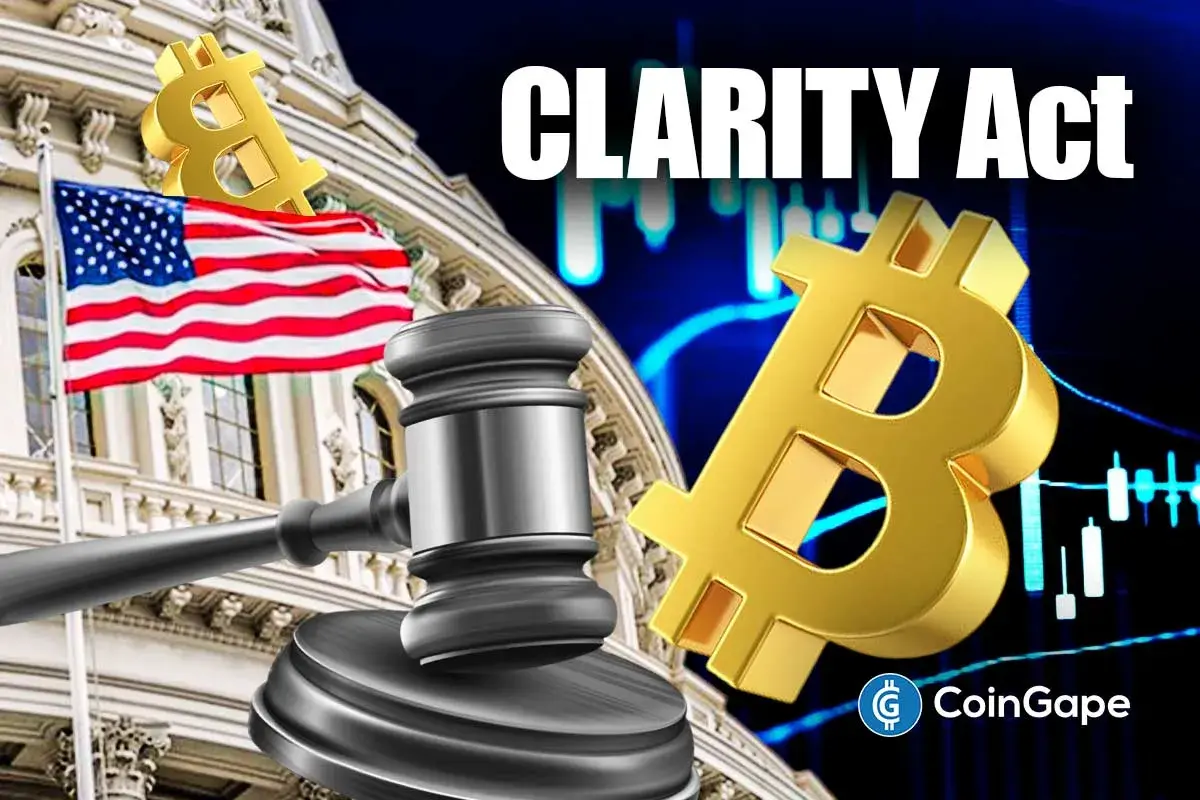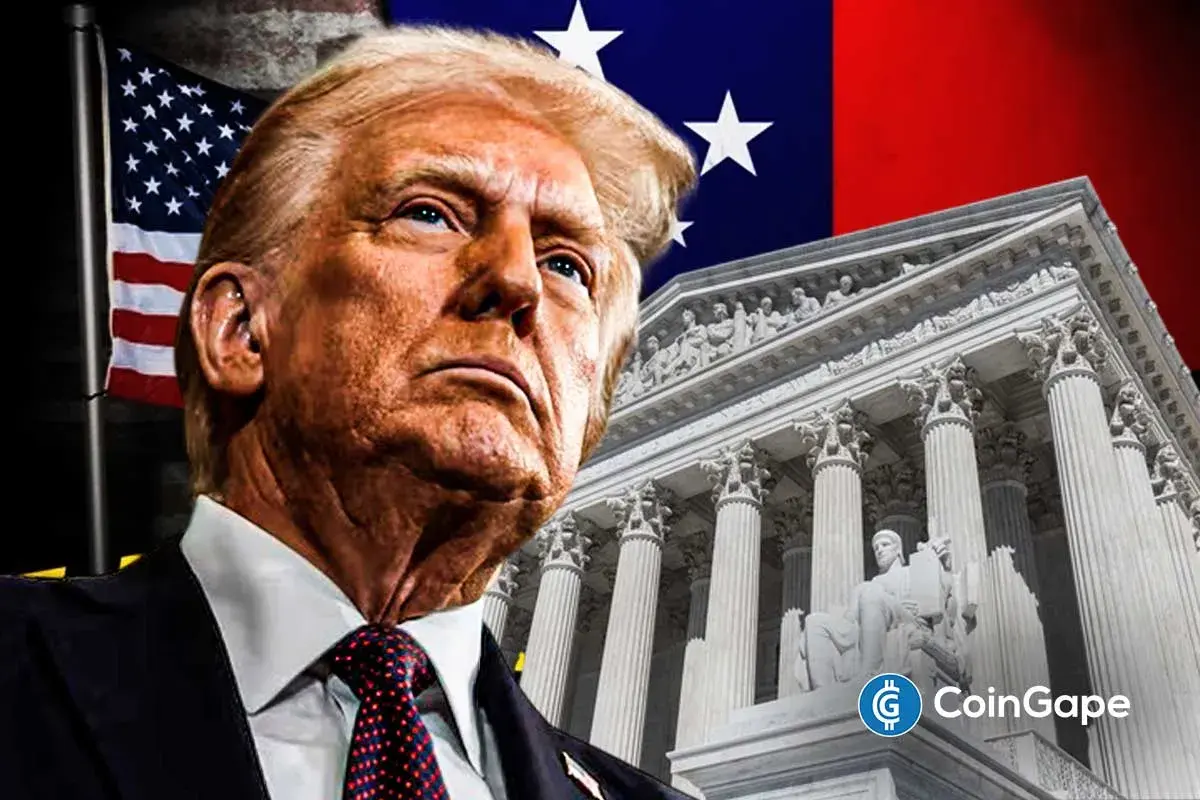Japanese FSA Reviews Crypto Regulations, Stricter Rules In Sight
After Coincheck hack, Japanese financial watchdog, FSA is putting greater oversight on cryptocurrency exchanges that have led many small operators to look for a way out. Keeping the customer interest protection at its focal point, FSA is reviewing the crypto regulations and likely to toughen them up more.
Small crypto exchanges forced to exit while big players take a step in
As part of Japan’s Financial Services Agency’s increased oversight, a meeting has been held on Tuesday that included a panel of experts that will be reviewing the regulations on cryptocurrencies.
FSA tightened its noose in the wake of Coincheck heist of ¥58 billion worth of NEM that is making it extremely difficult for the small and newer cryptocurrency exchanges to conduct their businesses. Many of these exchanges are even looking for an exit.
The crackdown included FSA issuing administrative notices to several operators while suspending two of them i.e. Bit Station and FSHO. Out of the 16 unregistered crypto exchanges that have put in their applications for registration, six of these exchanges are apparently planning to remove their applications.
Last week, the financial watchdog suspended another operator, Eternal Link. As per the Japan FSA, the Tokyo-based crypto exchange didn’t have an adequate business management structure.
A senior consultant at Nomura Research Institute, Yasutake Okano said:
“Compared to other industries, financial businesses are strictly monitored by regulators. Operators need high-level security systems and (proper) management and human resources, which come with quite a lot of investment.”
Also, read: UK’s Financial Conduct Authority (FCA) Issues Guidelines For Crypto Derivatives
Japan FSA crypto regulations: Increases oversight focus on customer protection
Okano further explains that ¥58 billion lost by Coincheck is a massive amount that only makes it natural that FSA would get strict. As for the small startups, it is tough for them to establish an adequate business management structure.
Though the pressure on these operators has increased, he points out that the strict regulatory standards by Japan FSA might not be such a bad thing, after all. These regulations work towards nurturing a healthy crypto environment that is essential to regain investors’ trust in the crypto market.
Moreover, as some of these startups walk out of the market, the powerful entities are making a jump into these markets like Yahoo Japan, Monex and Line Corp. for example.
After the hack, Coincheck has been majorly criticized for not taking the precautionary measures to protect its customer’s interests. Now, more and more customers are really interested in the security part and inclined towards valuable names to make their investments.
FSA is now being extremely careful to lay down the rules for the crypto market as evidence from this meeting where the panel organized a hearing from the crypto exchange operators.
In April, last year, the revised payment services law has been implemented where in order to protect the user’s interest, the crypto exchange operators are required to register with the FSA. Now, FSA is tightening that noose further and it is affecting the entire crypto market.
Do you think increased crypto regulations by Japan FSA would be good for the crypto market?
- CLARITY Act: Crypto Group Challenges Banks Proposal With Its Own Bill Suggestions
- Trump’s Truth Social Files For Bitcoin, Ethereum, Cronos Crypto ETFs Amid Institutional Outflows
- Trump Tariffs: U.S. Supreme Court Sets February 20 for Potential Tariff Ruling
- Brazil Targets 1M BTC Strategic Reserve to Rival U.S. Bitcoin Stockpile
- Breaking: U.S. CPI Inflation Falls To 4-Year Low Of 2.4%, Bitcoin Rises
- XRP Price Prediction Ahead of Potential U.S. Government Shutdown Today
- Bitcoin Price Outlook As Gold And Silver Lose $3.6 Trillion in Market Value
- XRP and Ethereum Price Prediction as Trump Seeks to Lower Key Tariffs
- Solana Price Prediction as $2.6 Trillion Citi Expands Tokenized Products to SOL
- Bitcoin Price Could Fall to $50,000, Standard Chartered Says — Is a Crash Coming?
- Cardano Price Prediction Ahead of Midnight Mainnet Launch

















